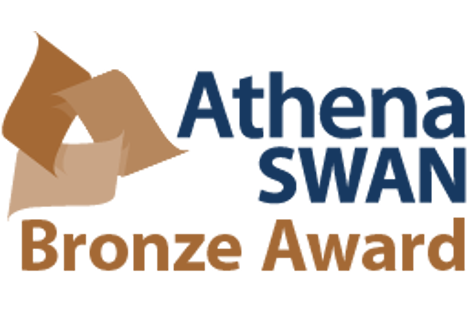A smart academic search platform and a Japanese learning app developed by Electronics and Computer Science (ECS) students secured £50,000 of investment as University start-up talent was celebrated at a Dragonsâ Den-style competition on campus.
Six start-up schemes pitched in front of a live audience at The Cube in Union Southampton on Saturday 13th May. The event, run by the Universityâs Future Worlds start-up incubator and the Fish on Toast and ECS Entrepreneurs student societies, offered a snapshot of a mounting entrepreneurial culture among ECS students.
Computer Science student Maciej Szpakowski, along with students from Geography and Acoustical Engineering, entered with a confident pitch for FuseMind, an online academic search tool, and were offered £30,000 of investment from Apple Europe Director Chris Broad and confetti.co.uk co-founder Andrew Doe.
Web scientist Travis Ralph-Donaldson also secured £20,000 of investment for Handy Kanji, a language learning app that uses intelligent stroke recognition and scoring algorithms to teach the Japanese writing system.
Other entrants included Computer Science student Varun Gupta with his âAll inâ information-sharing app, ECS PhD students Daniel Martinho-Corbishley and Jamie Lomeli with their Aura Vision Labs start-up, Mechanical Engineering student Landon Vago-Hughes with events app Igglu and International Relations student Andreas Ostrovsky-Pereira with social enterprise Sagar Energy Solutions.
All applicants into the Dragonsâ Den process were supported by expert advice and mentoring support from the Future Worlds network. Discover more about Future Worlds and the support available to Southampton students interested in enterprise and entrepreneurship.
See videos and reactions from last weekâs event in the latest Future Worlds blog.
